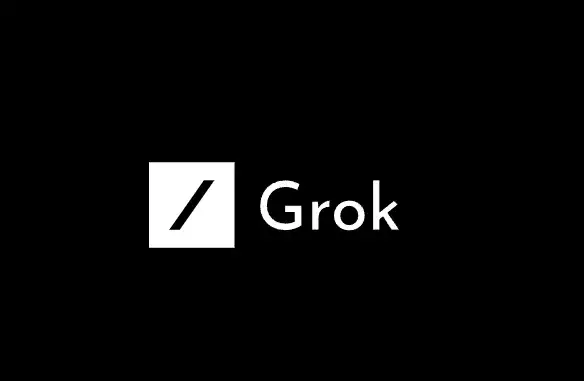The recent launch of Elon Musk’s non-woke AI chatbot, Grok, has opened the floodgates for all X users after months of exclusivity for X Premium subscribers. However, with approximately less than 1% of the platform’s users being premium members, the true reach of Grok’s capabilities remains relatively limited. As users now explore its varied functionalities—from generating images augmented by X’s new Aurora feature to crafting witty, snarky replies in “Unhinged Fun” mode—questions abound regarding the actual utility of AI chatbots within the landscape of social media.
The emergence of Grok coincides with a growing trend where social media giants are integrating Artificial Intelligence (AI) as part of their platforms. Meta has made strides in embedding AI chatbots into its suite of applications, while LinkedIn has similarly pumped AI elements into its posting process. But one must critically assess whether these innovations truly enhance user experience or merely complicate the essence of what social media stands for: human connection and interaction.
The core of social media revolves around the sharing of genuine thoughts and experiences. Memoirs, anecdotes, and opinions shared among users create a tapestry of interactions that democratizes information and fosters community. This concept appears to be at odds with the notion of generating and posting AI-created content. Are users now replacing their authentic expressions with algorithmically produced snippets? The implication raises critical questions about the identity and authenticity of social media interactions.
While AI tools can certainly streamline certain processes, one could argue that they inadvertently undermine the trust and transparency that social media platforms initially aspired to achieve. It seems counterproductive to use AI-generated content—stripped of an individual’s unique voice—on platforms designed to cultivate genuine human connections. This paradox might signal an impending transformation of social media into a more automated and less interpersonal sphere.
The potential that generative AI presents is undeniably attractive. It could lead to efficiency gains across various sectors, particularly in fields requiring heavy analytical input. In the realm of law, for instance, generative AI can assist experienced lawyers in coming up with novel arguments and pinpointing case precedents that would bolster their claims. Yet, the effectiveness of this technology is highly contingent upon the user’s existing knowledge and understanding of the subject matter. AI serves primarily as an assistant, augmenting the capabilities of seasoned professionals rather than replacing them entirely.
The core of the discussion lies in whether generative AI can genuinely enhance one’s understanding or merely provide surface-level assistance. The hype surrounding the advent of Artificial General Intelligence (AGI)—machines that can think independently—fuels both excitement and trepidation, but the reality is that we are far from achieving such capabilities. Current AI systems function as advanced tools rather than self-aware entities, echoing the complexities of human cognition.
The mixed reactions to Grok’s rollout raise important points about future AI integrations in social media. The application does offer unique use cases, such as tracking trends and analyzing user engagement, yet it remains to be seen if these functionalities resonate meaningfully with the average user. Perhaps Grok will find its niche among data analysts and trend forecasters, but for the everyday user wanting to connect with others, AI’s novelty may wear thin quickly.
Moreover, the allure of chatbots like Grok may fade as they struggle to deliver relatable, human-like exchanges. Users, by nature, seek authenticity and connection, attributes that AI inherently lacks. As such, the space for AI chatbots in social media could easily morph from a tool of innovation into a mere gimmick. Skepticism remains present regarding whether users will actively engage with platforms that prioritize AI-driven interactions rather than genuine human conversation and community building.
Ultimately, the crux of the issue lies within the nature of communication in social media. By allowing AI to take over what fundamentally should be human exchanges, we risk diluting the real essence of social interaction. While Grok might serve a purpose for a select audience, its long-term role in enhancing user engagement across broader demographics is uncertain.
As technology continues to evolve, a crucial conversation about the intersection of AI and social platforms must unfold. Users should consider what they value: the authenticity of genuine interaction or the efficiency of AI-generated content. The decision on what defines “social” in social media may very well leave an indelible mark on how we communicate in the digital age.

